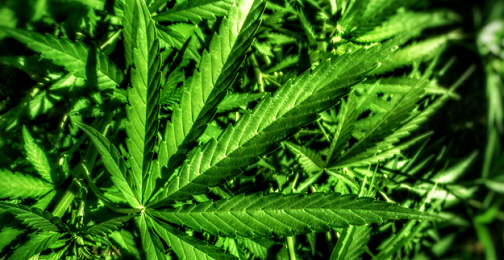
Written by Robert L. Mabee, RPh, JD, MBA
Legalization of marijuana has ramifications beyond the individual’s decision to smoke an occasional joint. Several considerations contradict the argument for legalization.
Economic Disaster
Most simply, it is argued that legalization would eliminate criminal problems. The state would collect its sales tax, and marijuana users would be happy.
However, as with alcohol, the use of marijuana will create costs in excess of the sales tax revenue. It has been predicted that costs associated with treatment, injuries, loss of work, and damage to property are likely to run millions more than the income gained through taxation.
As a nation, we have just spent millions of dollars in the crusade to stop people from smoking cigarettes. Yet with pot smoking, all the problems associated with indirect smoke, chronic obstructive pulmonary disease, and lung cancer will continue and increase.
Therapeutically Irrational
Studies have disclosed that the recreational use of pot can lead to long-term mental problems and harmful neurological effects.
Furthermore, marijuana is addictive. It is recognized as a gateway drug, associated with addiction to stronger drugs. Current campaigns to reduce or control addiction to opioids are directly aimed at reducing drug use. Why, therefore, should use of marijuana be sanctioned?
Oxycontin is a schedule II drug that is regulated, prescribed, and dispensed under professional supervision by healthcare providers. It is considered less of a threat than Schedule I drugs such as heroin and ecstasy. Marijuana is also a Schedule I drug, yet some states want it sold over the counter by untrained clerks.
There is no way to prevent adulteration and contamination of the marijuana sold in strip malls and kiosks. Without testing, regulation, or supervision, introduction of a variety of pathogens and toxins into the product is inevitable. The history of Prohibition, during which injury and death resulted from use of “moonshine” and adulterated alcohol products, provides us with countless instructive examples.
THC has been made available in alternative therapeutic dosage forms to meet the needs of patients. It does not have to be smoked.
A Constitutional Crisis
FDA has complete jurisdiction over the production, distribution, and sale of all drugs and medical devices in the United States.
ATF has jurisdiction over alcohol and tobacco products nationwide.
Creating a special exception for marijuana is dangerous and totally illogical.
Our constitutional form of government and the supremacy clause granting the federal government preemptive jurisdiction in the area of manufacture and sale of drugs is not elective.
If states can simply treat federal law like a buffet and choose only the laws they want to enforce, our nation will fall apart.
Unanswered Questions
Should the federal government be barred from regulating the sale of recreational drugs, but then be asked to pay for treatment of addiction and other injuries cause by the use of these substances?
Does pandering to a few addicts and recreational drug dealers justify ignoring the available therapeutic data?
Does deferring to anecdotal data from people who smoke dope justify underwriting the costs associated with this decision?
The Solution
Pharmacists want to protect their patients and customers from injury caused by improper drug use, use of the wrong drug, and adverse drug interactions. With category X drugs with known teratogenic effects, we use the I Pledge program to help eliminate known risks to patients.
Yet in the case of recreational drugs and their associated adulteration, contamination, and interactions, we are embarking on a game of Russian roulette with our patients and perhaps their future children.
Pharmacists’ training and clinical experience demand that we seek to protect the public good. Therefore we must take a strong stand against expanded use of recreational drugs.
Everybody is entitled to his or her own opinion, but we all have to live with the same facts.
Robert L. Mabee is a pharmacist and attorney practicing in Sioux Falls, S.D. Article originally published at calmca.org.























